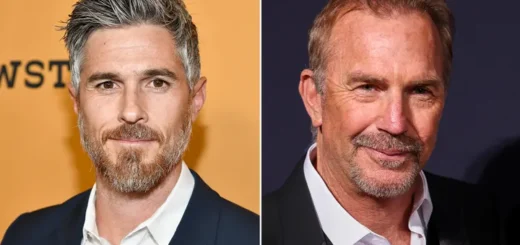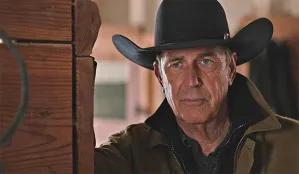“Why Kevin Costner’s Horizon Missed the Mark Compared to Yellowstone’s Success”
In 2024, Kevin Costner launched the first installment of his ambitious project, Horizon: An American Saga – Chapter 1. Unfortunately, the film’s lukewarm reviews can be attributed to a significant storytelling misstep. Although Costner has been a prominent figure in the film industry since the early 1980s and has received considerable acclaim—including an Academy Award for Best Picture for his directorial debut, Dances with Wolves—his recent Western ventures haven’t achieved the same success.
Following his departure from Yellowstone due to conflicts with showrunner Taylor Sheridan, Costner channeled his efforts into this new Western film series. Horizon: An American Saga is set in the American West before the Civil War and explores the lives of various settlers and cowboys in this harsh environment. However, Horizon: An American Saga – Chapter 1 received a mere 49% on Rotten Tomatoes and grossed only $36 million at the box office. A key factor in its lackluster reception appears to be Costner’s handling of the film’s expansive cast and narrative.
The film features a large ensemble, showcasing the diverse characters of the American West. While a substantial cast can enhance the epic scale of a story, Horizon: An American Saga struggles with balancing its numerous characters. In contrast, Costner’s previous project, Yellowstone, adeptly manages its large cast by focusing on central characters and their relationships. Yellowstone highlights the Dutton family and effectively integrates various characters into the overarching narrative. On the other hand, Horizon: An American Saga flits between numerous figures without providing sufficient depth to any single character.
The film might have fared better as a television series rather than a sequence of movies. Horizon: An American Saga is planned as a four-part film series, with Chapter 1 already released and subsequent chapters in development. Despite the extended screen time, the film’s format still struggles to accommodate the extensive cast. Television, with its episodic structure, would allow for a more detailed exploration of each character and subplot. Episodes could provide the time needed to delve into individual stories and build stronger connections with viewers, something that movies, with their condensed timelines, often cannot achieve.
In summary, Horizon: An American Saga would have benefited from the flexibility and depth offered by a TV series format, allowing each character to be developed more fully and providing a richer storytelling experience.


